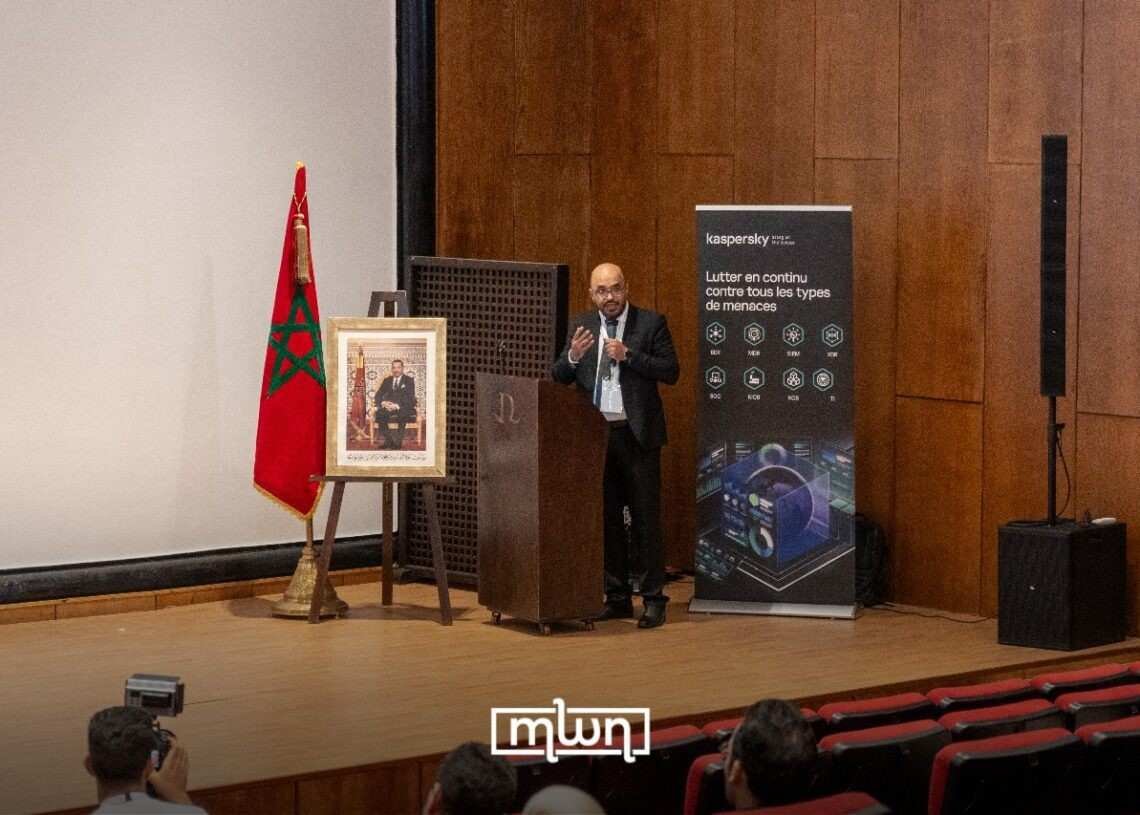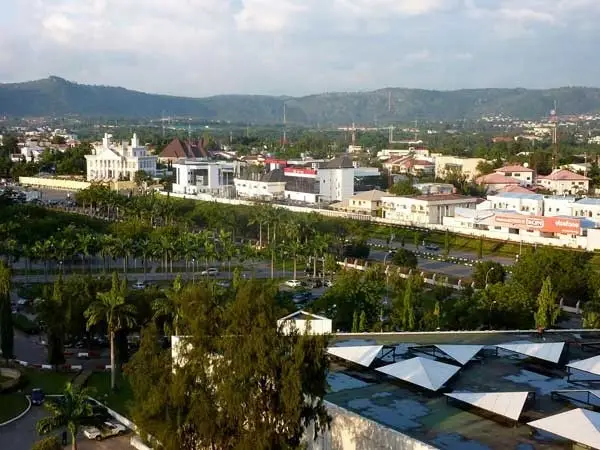Rabat, October 7, 2025 — Kaspersky, in partnership with Morocco’s Ministry of Digital Transition and Administrative Reform, hosted KNext Rabat 2025, a high-level conference focused on how artificial intelligence (AI) is transforming the global and regional cybersecurity landscape. The event, held at Hotel Dawliz Rabat & Spa, brought together leading cybersecurity professionals, researchers, and policymakers to examine both the opportunities and threats emerging from AI-driven digital ecosystems.
AI: The New Frontier in Cyber Defense and Threats
In his remarks, Youssef Bentaleb, President of the Moroccan Center for Polytechnic Research and Innovation (CMRPI), described AI as a “double-edged sword” — a technology that empowers defenders as much as it enhances the capabilities of cybercriminals.
“AI has reached an unprecedented level of sophistication,” he noted. “Cybercriminals are increasingly using it to carry out complex attacks, forcing security professionals to harness the same tools to reinforce digital defenses.”
Bentaleb emphasized that KNext Rabat serves as a vital platform for knowledge exchange and technological awareness, enabling institutions to strengthen resilience through ongoing updates to their security systems.
Rising Cyber Threats in Morocco
Pascal Nodin, Kaspersky’s Head of Enterprise Solutions for North, West, and Central Africa, revealed that in the first half of 2025 alone, Kaspersky detected over 21 million cyber threats targeting clients in Morocco. He credited proper configuration of Kaspersky’s systems and best practices by organizations for mitigating potential damage but warned that the growing volume of attacks highlights the need for continuous vigilance and awareness.
“KNext Rabat is not just a conference—it’s an awareness initiative,” Nodin said. “We want Moroccan companies to fully grasp the scale of the threat and take proactive steps to stay protected.”
Experts Call for Continuous Adaptation
Erroussafi Elmehdi, an AI and cybersecurity expert at CMRPI, highlighted that the speed of AI evolution requires organizations to anticipate threats rather than react to them. He explained that AI-based systems such as deep learning and autonomous agents can be used for both offensive and defensive purposes, making their understanding crucial to national and corporate resilience.
Practical workshops led by Moroccan and international experts, including Achraf Bousselham and Samy Tadjine, demonstrated real-world applications of SIEM, XDR, and SOAR systems, as well as incident response mechanisms designed to enhance organizational readiness.
Strengthening Morocco’s Cyber Resilience
Kaspersky reaffirmed its commitment to Morocco’s digital transformation efforts, supporting public and private sector initiatives aimed at improving cyber readiness and data protection. The country has made significant progress in recent years, including establishing the General Directorate for Information Systems Security (DGSSI) and implementing the National Cybersecurity Strategy to manage the risks of rapid digitalization.
However, experts at KNext cautioned that the rise of AI-powered phishing, ransomware, and deepfake attacks demands continuous investment in technology, awareness, and workforce training to safeguard Morocco’s digital infrastructure and maintain trust in its expanding online economy.















